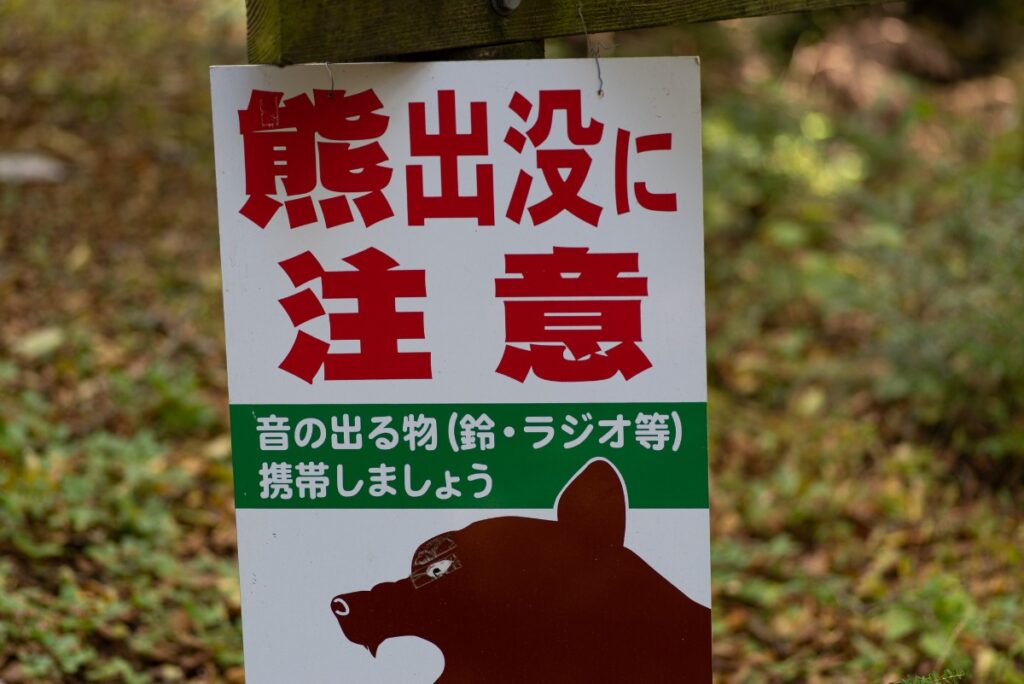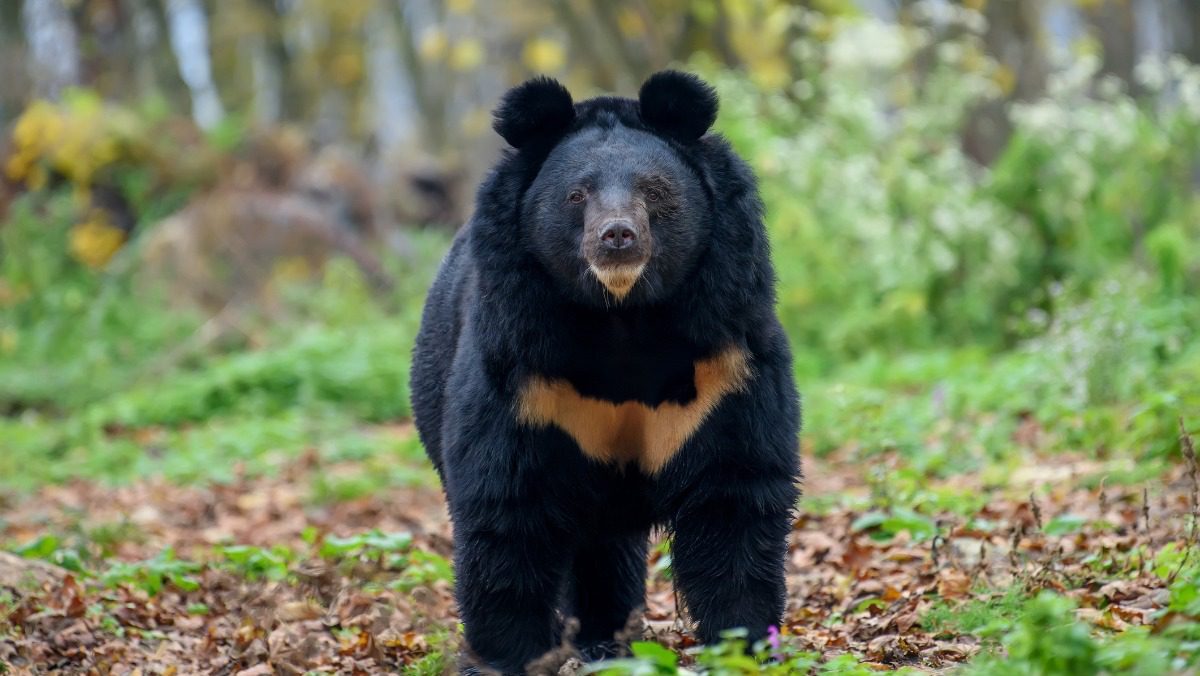When Billy Halloran set out on a training run in the forest surrounding Myoko, a mountain town in central Japan, one morning in early October, he was expecting little more than a quiet workout among the trees. That changed when he noticed movement in the undergrowth—two Asiatic black bears staring back at him from less than 30 metres away. Bear encounters in Japan have surged this year, with more than a hundred people injured and at least seven killed, the highest toll since tracking began in 2006, as reported by CNN.
 Asiatic bear warning sign in Japan.
Asiatic bear warning sign in Japan.
The 32-year-old, originally from Auckland, N.Z., tried to retreat slowly, but one bear advanced. It was roughly his size, he later recalled. Halloran shouted, hoping to scare it off, but the animal lunged. It bit into his arm, knocked him to the ground and tore into his leg before finally backing away.
Survival and recovery
Badly wounded, Halloran managed to stand and call his wife. Fearing the bear might return, he ran nearly a kilometre to meet her before being taken to the hospital. Surgeons have since repaired his arm with metal plates and used a hip graft to replace bone lost in the attack. He’s now beginning a long recovery and months of rehabilitation. “I still want to get back to running,” he said from his hospital bed, “but I know it’ll take time.”
A broader crisis
Japan has been grappling with a spike in bear encounters as the animals wander farther from their mountain habitats in search of food. Experts blame climate change and reduced acorn production for driving them closer to populated areas. In recent months, bears have been sighted in supermarkets and near schools, prompting the government to announce stronger control measures. Last week, in Numata, Gunma, two men were attacked when a bear walked into a supermarket, reported New Zealand media outlet Star News, and at a bus stop in Shirakawa-go, a bear swiped at a Spanish tourist.
Grizzly bear disrupts Alberta’s Divide 200 ultra-trail race
Halloran’s new outlook
Halloran says he’s grateful to have survived and plans to return to the trails when he’s ready, this time with more caution. He may carry bear spray, and he’s counting on winter snowboarding to help him regain confidence outdoors. “Nature’s still where I want to be,” he said. “I just have a bit more respect for it now.”

